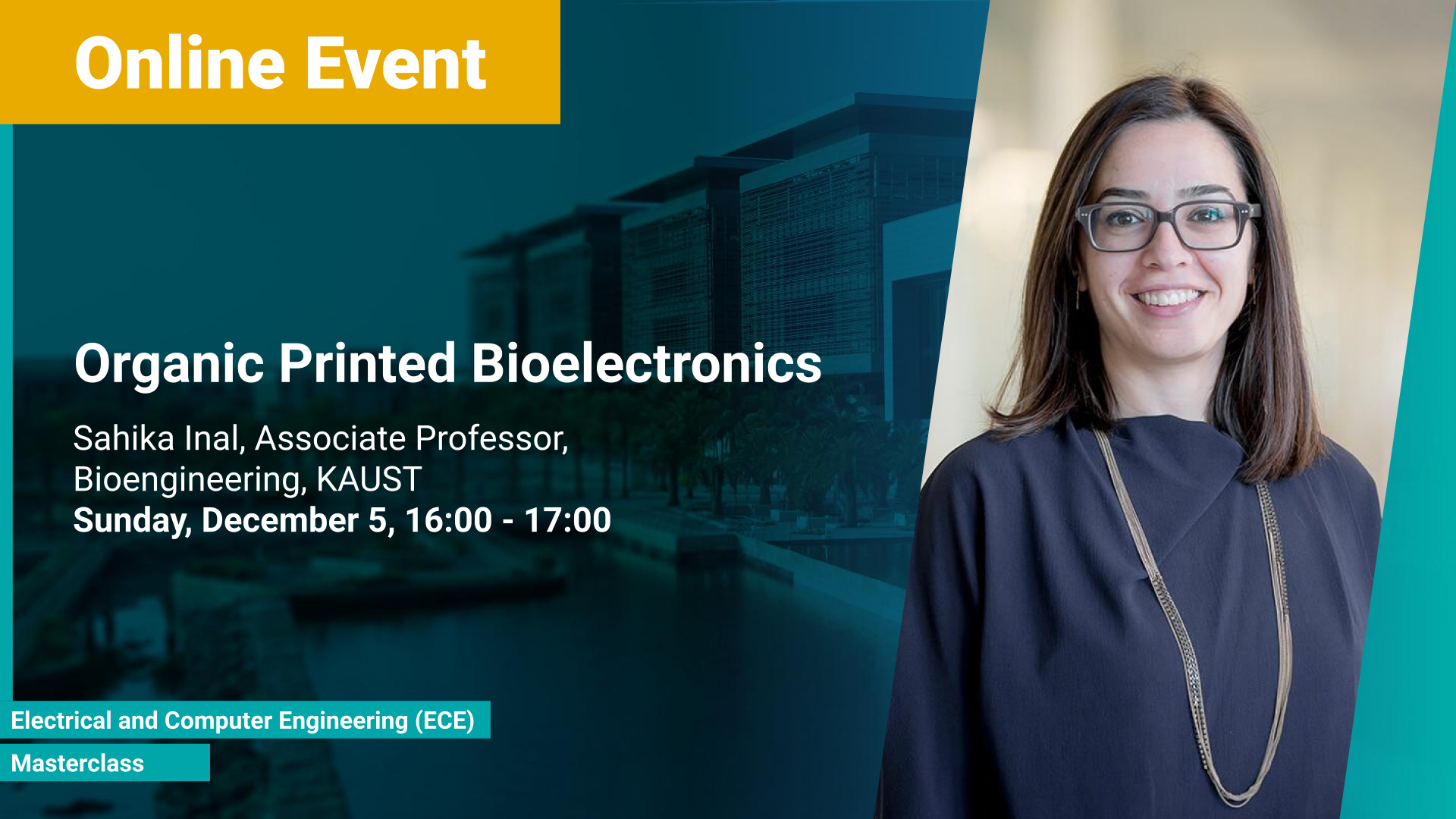Abstract
Organic electronic materials provide a unique toolbox for establishing electrical communication with biological systems. In this talk, I will show how these materials are used in organic electrochemical transistors (OECTs) to detect biological species in physiological media. I will introduce two types of OECT based sensors; one that detects Alzheimer’s disease biomarkers with performance exceeding the state-of-the-art,1,2 and the other that detects coronavirus spike proteins at the physical limit.3 Having challenged these sensors with patient samples, I will discuss areas where proof-of-concept organic biosensor platforms may fail. By tackling each of these problems, we improve device performance to a level that marks a considerable step toward biochemical sensing of infectious and noninfectious disease biomarkers. I will highlight how such sensors are compatible with printing techniques, which allow for their rapid translation to the clinic.
[1] S. Wustoni et al Biosens. Bioelectron. 2019, 143, 111561.
[2] A. Koklu et al ACS Nano 2021,15, 8130.
[3] K. Guo et al, Nat. Biomed. Eng. 2021, 5, 666.
Twitter: @InalSahika
Group website: https://bioel.kaust.edu.sa/
Brief Biography
Sahika Inal is an Associate Professor of Bioengineering with affiliations in Electrical Engineering and Materials Science and Engineering at King Abdullah University of Science and Technology (KAUST). She received her B.Sc. degree in Textile Engineering from Istanbul Technical University (Turkey), M.Sc. in Polymer Science, and Ph.D. in Experimental Physics from the University of Potsdam (Germany). She completed her postdoctoral training in the Department of Bioelectronics at the Center of Microelectronics of Provence of the Ecole Nationale Supérieure des Mines de Saint-Étienne (France) under the supervision of George Malliaras. Her expertise is in polymer science and bioelectronic devices, particularly in the photophysics of conjugated polymers, characterization of polymer films, and the design of biosensors and actuators. Inal's Lab at KAUST exploits the functionalities of polymers, investigates ion/electron conduction in organic electronic materials, and designs electronic devices that can record/stimulate biological signals.

